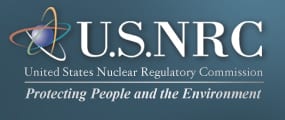
The U.S. Nuclear Regulatory Commission in the current federal fiscal year anticipates collecting $781.9 million in fees from its licensees, slightly less than it brought in last year.
The agency’s budget for fiscal 2019, under the multi-agency “minibus” appropriations…